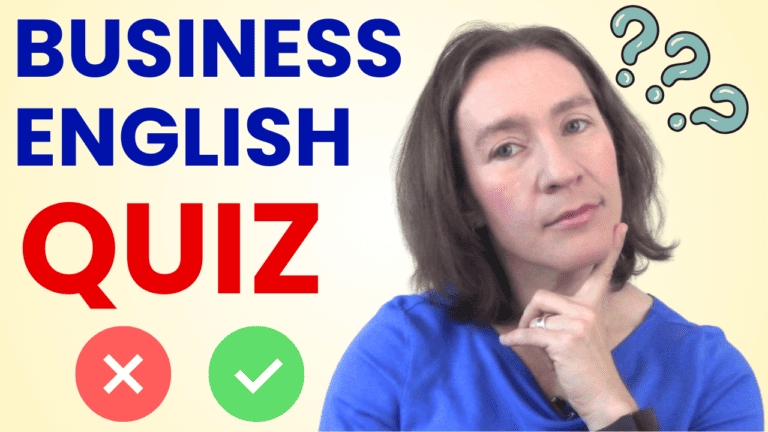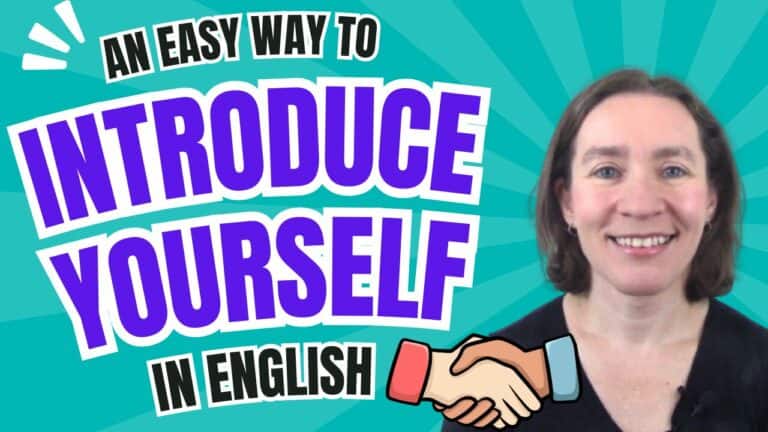
Download 30 “ask the teacher” lessons
If you’re applying for a job or studying business English, you might see the words résumé and CV. They’re both documents about your experience… but they’re NOT the same thing.
Let’s learn about the difference between a résumé and CV.
1. Résumé
A résumé is common in the U.S. and Canada. It’s a short summary of your education, skills, and work experience.
-
Usually 1–2 pages maximum.
-
Customized for each job application.
-
Focuses on the most relevant experience.
Examples:
-
I sent my résumé when applying for the marketing job.
-
She updated her résumé before the interview.
-
This company only accepts résumés by e-mail.
👉 Think of a résumé as a focused summary of your qualifications.
2. CV (Curriculum Vitae)
A CV (Curriculum Vitae – Latin for “course of life”) is more detailed. It’s common in Europe, Asia, and also in U.S. academia or medicine.
-
Often many pages long.
-
Includes your entire career history.
-
Can list publications, presentations, research, awards, teaching experience, etc.
Examples:
-
The professor attached his CV to the grant application.
-
She has a 12-page CV that lists all her research work.
-
In Europe, job applicants are usually asked for a CV.
👉 Think of a CV as a full record of your professional life.
3. Quick Comparison of a Resume and CV:
| Feature | Résumé (U.S./Canada) | CV (Europe/Academia) |
|---|---|---|
| Length | 1–2 pages | Many pages possible |
| Purpose | Short summary | Complete career record |
| Adapted for each job | Yes | No (same CV for many) |
| Common in | US business jobs | Europe, academia, research, medicine |
✅Summary: Resume vs. CV
-
Résumé = short, customized, 1–2 pages.
-
CV = long, detailed, full career history.
👉 If you’re applying for a job in the U.S. business world, you need a résumé.
👉 If you’re applying in academia or in most other countries, they may ask for a CV.








